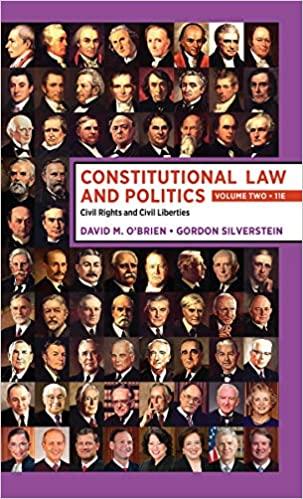Answered step by step
Verified Expert Solution
Question
1 Approved Answer
I have attached the primary sources as .png images. Please read through these articles and respond to these with answers to the questions by annotating
I have attached the primary sources as .png images. Please read through these articles and respond to these with answers to the questions by annotating and quoting information from the text.




Step by Step Solution
There are 3 Steps involved in it
Step: 1

Get Instant Access to Expert-Tailored Solutions
See step-by-step solutions with expert insights and AI powered tools for academic success
Step: 2

Step: 3

Ace Your Homework with AI
Get the answers you need in no time with our AI-driven, step-by-step assistance
Get Started


